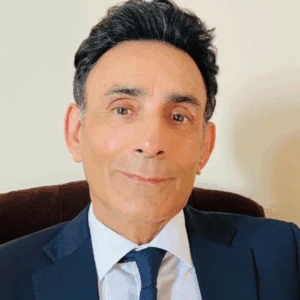

Kentucky’s Bluegrass charm can hide deep scars: veterans returning from Fort Knox, survivors of opioid-era violence, and residents reeling from natural disasters all carry memories that won’t stay in the past. When trauma hijacks sleep, mood, and relationships, hope can feel miles away.
At Lexington Addiction Center, our PTSD Treatment in Lexington, KY rebuilds safety through an outpatient ladder—Partial Hospitalization (PHP) for daily, immersive therapy; work-friendly Intensive Outpatient (IOP); and weekly Outpatient (OP) sessions for lasting support.
Every level pairs science-backed treatments with real-life flexibility.

Post-Traumatic Stress Disorder develops when the brain’s survival circuits stay stuck on high alert long after danger has passed. In PTSD, the amygdala—the alarm center—fires rapidly, the prefrontal cortex struggles to apply logic, and the hippocampus (the brain’s memory file cabinet) can shrink, scrambling timelines so yesterday’s threat feels like it’s happening right now.
This loop keeps the body flooded with cortisol, disrupting sleep, digestion, and the regulation of mood.
Because trauma reshapes both thoughts and neural wiring, generic talk therapy isn’t enough; survivors need trauma-informed counseling that recognizes triggers, builds body-based safety skills, and uses proven modalities like EMDR or somatic grounding.
The best post-traumatic stress treatment centers weave these elements into every session, calming the amygdala, re-integrating memories, and training the nervous system to return to baseline after stress, so life is no longer lived in fight-or-flight mode.

Post-Traumatic Stress Disorder (PTSD) and Complex PTSD (CPTSD) share many similarities but differ in origin, symptom complexity, and treatment needs. Both conditions result from exposure to traumatic events, yet CPTSD typically stems from prolonged or repeated trauma—often interpersonal in nature—such as childhood abuse, domestic violence, captivity, or long-term neglect. In contrast, PTSD often follows a single traumatic incident like a car accident, natural disaster, or assault.
While PTSD symptoms include flashbacks, nightmares, hypervigilance, and avoidance behaviors, CPTSD goes further. It encompasses all core PTSD symptoms plus additional impairments in emotional regulation, self-perception, and interpersonal relationships. Individuals with CPTSD may experience chronic shame, dissociation, difficulty trusting others, and a persistent sense of helplessness or being “damaged.”
Neurologically, CPTSD may cause more severe disruptions in the brain’s fear and memory circuits, making treatment more complex. Standard therapies for PTSD like EMDR and CBT are often helpful, but CPTSD often requires longer-term, trauma-informed care focused on rebuilding a sense of safety, identity, and relational trust.
Understanding the distinction is essential: many individuals with CPTSD are misdiagnosed or under-treated when their symptoms are viewed through the lens of traditional PTSD. A tailored approach—incorporating somatic therapy, parts work, and emotional skills-building—is often more effective.
Whether you’re facing PTSD or CPTSD, healing is possible with the right support, compassionate care, and time. Proper diagnosis and trauma-specific treatment are the first steps toward lasting recovery.
Unprocessed trauma keeps the nervous system on high alert; drugs and alcohol often feel like the only “off switch.” Many survivors reach for opioids, sedatives, or cannabis to dull intrusive flashbacks, tamp down night terrors, or take the edge off public places.
Over time, this self-medication rewires reward pathways, creating a second disorder—PTSD and addiction—that feeds on itself: hyper-arousal ➜ quick chemical relief ➜ rebound anxiety ➜ stronger cravings.
Because triggers for one disorder ignite the other, treating them separately almost guarantees relapse.
That’s why our trauma IOP track blends EMDR, DBT skills, and medication management with relapse-prevention groups: the same clinicians target cortisol spikes and cravings in the same session, shutting down the loop instead of chasing symptoms in circles.
PTSD is a mental health condition that causes people to relive the traumatic event that caused their PTSD. It can also cause them to avoid situations that remind them of the trauma. In addition, they feel stressed or upset when reminded of it.
The symptoms of PTSD vary from person to person. However, there are some common signs that a person may be experiencing PTSD:
The moment you arrive, our front-desk team ushers you into a low-stimulus suite—soft lighting, sound-dampening panels, and zero waiting-room chaos.
A trauma-trained therapist and psychiatric nurse practitioner conduct a same-day assessment that covers trauma history, current symptoms, medication use, and substance-use patterns. Vitals are checked, and any urgent sleep or panic issues are addressed immediately.
Together, you and your clinician draft a personalized safety plan that lists grounding techniques, crisis contacts, and 24/7 telehealth options. If the intake reveals unmanaged medical concerns like uncontrolled hypertension or seizure risk, we arrange off-site medical clearance the same afternoon, ensuring therapy can begin without compromising safety.
Before you leave, you receive a printed schedule for Week 1 and direct phone numbers for your care team, so support is one call away.

Set yourself free from the struggles of addiction and co-occurring mental health disorders. Reach out to our treatment team in Lexington, Kentucky today.

Our drug alcohol detox program gives you something the internet’s home-remedy tips never can: round-the-clock medical supervision from clinicians who’ve guided thousands through the roughest first days of sobriety.
We tailor evidence-based medications like buprenorphine for opioids or carefully titrated benzodiazepines for severe alcohol withdrawal to your exact physiology, so you stay safe while your body resets.

The partial hospitalization program (PHP) is our most structured outpatient option, offering full-day treatment four to five days a week. It’s a great fit for individuals transitioning out of detox or residential care who still require daily support to stay grounded and on track. You’ll have a packed schedule of therapy, groups, and wellness activities—all designed to help you stabilize and build momentum in early recovery.

Our intensive outpatient program (IOP) offers strong clinical support without the full-time commitment. You’ll attend therapy several times a week—often in the mornings or evenings—so you can continue working, going to school, or taking care of family. It’s ideal for those who want structure and accountability but are ready for more independence.

The outpatient program is our most flexible level of care, with sessions typically happening once or twice a week. It’s designed for those who’ve already made progress in their recovery but want continued guidance, check-ins, and a safe place to stay connected as life evolves. It’s ongoing support—on your terms.

Virtual outpatient care means you get the same licensed clinicians, evidence-based therapies, and medication support you would in the clinic, but from the comfort of your own home. With a secure video link and a decent internet connection, you can attend group therapy, meet with your counselor, and refill prescriptions without a commute.
For people living in Kentucky’s far-flung counties, telehealth closes the distance that so often stands between someone and treatment.

Our program, built by veterans for veterans, delivers evidence-based care alongside the camaraderie and mission-focused mindset that define effective veterans’ rehab. In short, rehab for veterans in Lexington, KY, must be custom-engineered to heal both battlefield wounds and the habits soldiers use to numb them.





By weaving these modalities together within one PTSD treatment center or trauma IOP, clients tackle trauma from every angle, dramatically improving symptom reduction and day-to-day resilience.
For many survivors, targeted pharmacology provides the stability needed to engage fully in therapy:
Med changes never happen in a vacuum. Prescribers meet weekly with therapists to sync dosage tweaks with therapy milestones like ramping up an SSRI during exposure work, or tapering a sleep aid once mindfulness practices deepen.
This tight coordination keeps side effects in check and ensures medication supports, rather than replaces, the hard work of trauma processing.
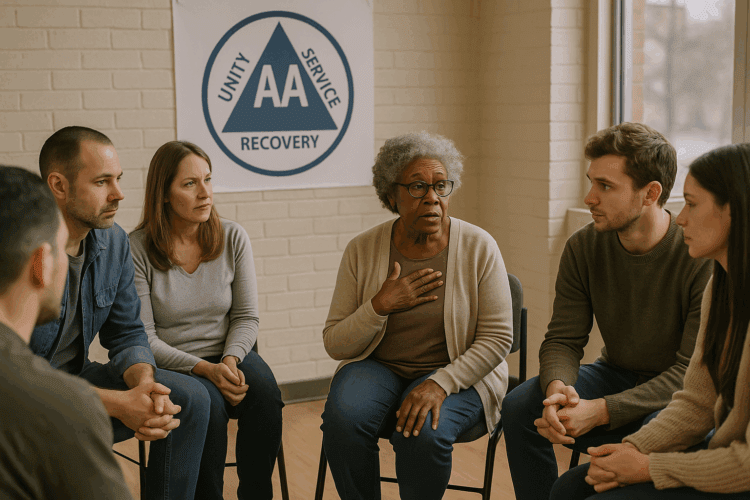
Sustainable recovery blossoms when treatment extends beyond therapy rooms. That’s why our program threads multiple layers of community support into every discharge plan.
Families attend weekly psycho-education workshops to learn how trauma rewires the brain and how best to help when triggers arise at home.
During PHP and trauma IOP, clients practice new coping skills in clinician-led peer groups that normalize flashbacks, hyper-arousal, and progress plateaus. Graduates then join an active alumni network featuring game nights, volunteer projects, and private chat forums so accountability and encouragement never lapse.
We also connect clients to the broader Lexington recovery community, including dual-focus 12-Step and SMART meetings that incorporate mental health tools into sobriety support.
Most commercial and Medicaid plans recognize that accredited PTSD treatment center services are medically necessary, reimbursing them at rates similar to other post-traumatic stress treatment centers nationwide.
Lexington Addiction Center is in-network with Anthem Blue Cross Blue Shield, Aetna, Cigna, Humana, UnitedHealthcare, and Kentucky Medicaid.
Additionally, many PPO plans offer robust out-of-network benefits. One call to admissions triggers a rapid verification so you’ll know your deductible, co-pay, and any out-of-pocket maximums within the hour.
If benefits leave a gap, our sliding-scale fee structure and interest-free financing ensure that cost never blocks care.
Curious what your policy covers? Start on our insurance information page or phone 859-636-0779. We handle the paperwork so you can focus on healing.

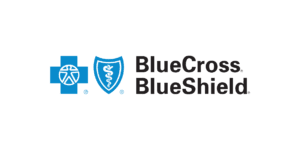
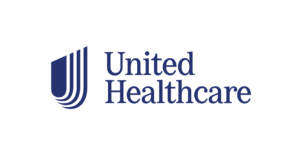

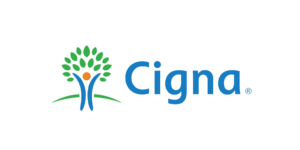


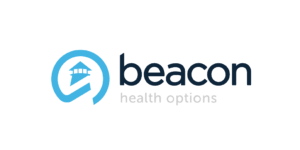
PTSD treatment in Lexington, KY, at Lexington Addiction Center combines evidence-based therapy, compassionate clinicians, and real-world flexibility, allowing you to reclaim calm without putting life on hold.
Call 859-636-0779 now or complete the quick, confidential form below for a same-day assessment—your personalized path from survival mode to sustainable recovery starts today.
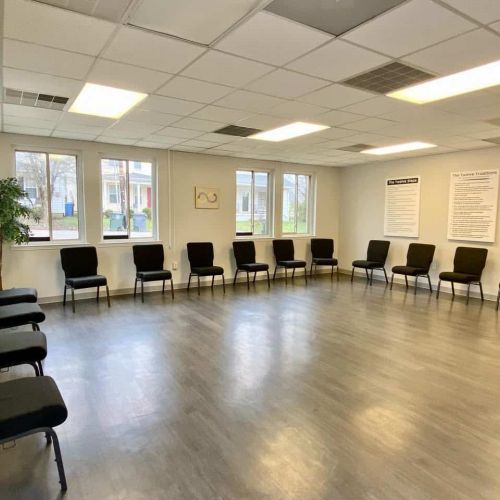





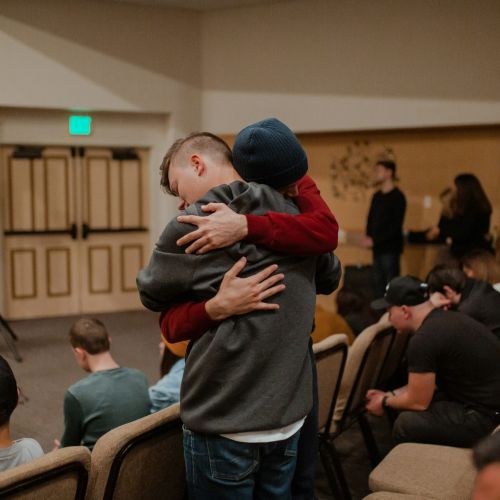

Get Family Support Now
We understand addiction affects the whole family. Our comprehensive family program helps rebuild trust and restore relationships.
Weekly Family Therapy Sessions
Educational Workshops
Support Groups
Communication Skills Training


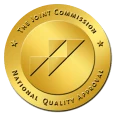



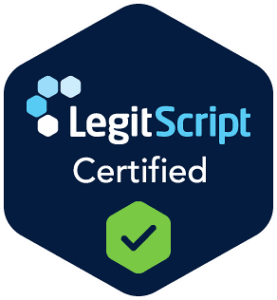
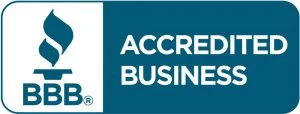





American Psychiatric Association. (n.d.). What is posttraumatic stress disorder (PTSD)? Retrieved October 9, 2025, from https://www.psychiatry.org/patients-families/ptsd/what-is-ptsd lexingtonaddictioncenter.com+1
U.S. Department of Veterans Affairs, National Center for PTSD. (2025, September 2). Substance use and PTSD. https://www.ptsd.va.gov/understand/related/substance_misuse.asp

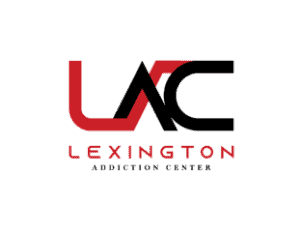
Addiction and co-occurring disorders don’t have to control your life. Lexington Addiction Center is waiting with open arms to give you the tools necessary for lasting change. Reach out to us today to learn more.